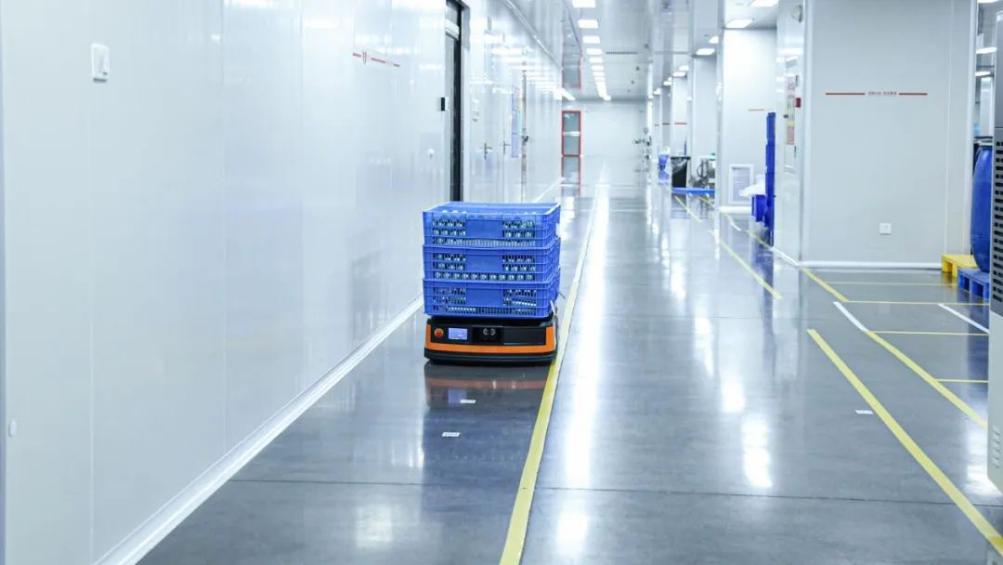Looking back at the development of China's beauty makeup industry, 2016 was undoubtedly a pivotal year. That year saw the abolition of consumption tax on ordinary beauty and cosmetic items, which created extra space for profitability for beauty brands. Subsequently, the emergence of new channels such as social e-commerce, short videos, and live streaming significantly shortened the distance between brands and consumers, and the cosmetic items market began to flourish.
With this as a starting point, a group of domestic brands rose to prominence. New cutting-edge brands such as PERFECT DIARY, Florasis, GU'AN, and others not only started their expedient journey but also set new requirements for upstream OEM factories: OEM factories needed to fulfill brands' demands for more abundant SKU, more flexible orders, and quicker delivery.
At that time, both traditional domestic cosmetics and new cutting-edge beauty makeup began to increase their product development cycle and market responsiveness in order to win over the emerging young customers. Bawei, as an upstream cosmetics manufacturer, likewise felt the "urgent" signal from the market.
The new demands implied the obsolescence of existing systems. Bawei realized that the internal management system, as well as the current production model, were no longer capable of satisfying the latest market needs. In this era of change, Bawei took its first leap forward.
Bawei started its reform with team development. By introducing talents from fields outside the cosmetic items industry, it wanted to help its company break free from habitual thinking. Through comprehensive quality management, material management visualization, and the establishment of production plans that met the requirements of order delivery, Bawei reduced inventory pressure while promoting production continuity and stability. Later, by introducing a batch of automated equipment, Bawei increased production efficiency, implementing a "BWT pull-type" production for the workshop.
Since then, Bawei has transformed from being "labor-intensive" to "technology-intensive." With a more efficient and flexible production model, Bawei has caught the attention of international big-name brands, and more cutting-edge brands have actively sought cooperation.
After its first successful leap, Bawei has been pursuing the "high-efficient delivery" road relentlessly. In around 2019, it embarked on a more sophisticated digital layout, officially initiating its second leap into "intelligent manufacturing."
In 2019, Bawei invested over 300 million yuan to build the Bawei Innovation Center & Smart Factory. In 2020, the company purchased high-end intelligent equipment from Japan and Germany. In 2021, the Bawei Innovation Center & Smart Factory, which includes high-tech product innovation centers, testing centers, intelligent production workshops, and information digitizing offices, launched officially and signed a "5G smart factory strategic cooperation agreement" with China Telecom, becoming the first enterprise in Baiyun District to introduce and apply 5G in production.

Bawei's third leap possesses a stronger sense of "times". In 2006, the company set up a research and testing laboratory, established a testing management system in 2014, and upgraded its testing center to its independent third-party testing institution, named Youzhi Testing in 2019.
For Bawei beauty makeup, these three leaps are of significant significance, and the most critical point is that it has better served its customers based on intelligent manufacturing. One of Bawei's principles is to "provide excellent services for its customers." Today, Bawei has achieved "what customers need, Bawei manufactures."